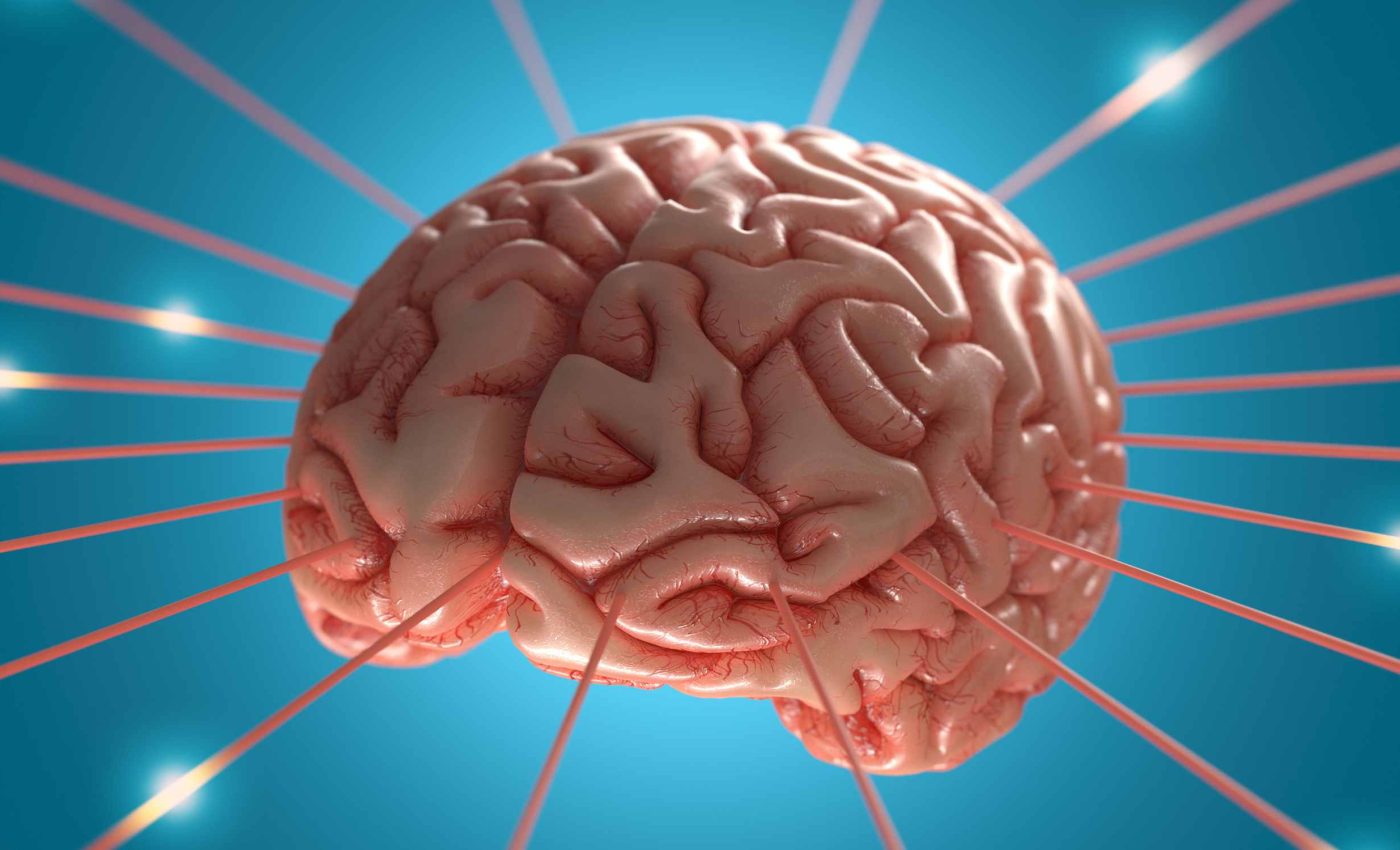
The 17 best strategies to protect your brain from stroke, dementia, and depression, according to science
In a world filled with advice about how to stay sharp, a large-scale study has highlighted ways to protect your brain health, reducing the likelihood of suffering a stroke, dementia, and depression.
This new research identified 17 factors, ranging from social connections to blood pressure, that can make a meaningful difference.
Dr. Sanjula Singh, a principal investigator at the Brain Care Labs at Massachusetts General Hospital, and the lead author of the study, said the conditions are often linked by changes in small blood vessels.
Addressing the right elements helps to prevent multiple problems from arising at once, or at least slow their course.
Why these three conditions overlap
Researchers note that at least 60 percent of strokes, 40 percent of dementia cases, and 35 percent of late-life depression could be prevented or slowed by controlling certain factors.
These include high blood pressure, high body mass index, high blood sugar, high total cholesterol, and several lifestyle patterns. Experts suggest that being proactive may keep the mind and body on steadier ground.
“Those are striking numbers. If you can really optimize the lifestyle pieces or the modifiable pieces, then you’re at such a higher likelihood of living life without disability,” said Dr. Stephanie Collier, director of education in the division of geriatric psychiatry at McLean Hospital.
Seventeen protective and harmful factors
The study outlined protective elements, including cognitive activity, moderate or high physical activity, a sense of purpose, low to moderate alcohol intake, a large social network, and a diet with more vegetables and fish.
It also identified harmful factors, such as pain that disrupts daily life, kidney disease, hearing loss, loneliness, stress, long or poor sleep, and smoking history. Additional concerns are dietary choices like excess sugar and red meat.
“If you’re starting to work on one of them, very often you’re actually improving multiple at the same time,” Dr. Singh said.
Researchers emphasize that this list is more like a set of options rather than a rigid plan. Focusing on just one or two aspects is a good strategy when you need to gain momentum.
What about sleep and pain?
Two factors that often get overlooked are chronic pain and sleep disturbances. Both have strong links to brain health and can quietly chip away at resilience over time.
Sleep issues like insomnia or sleeping more than eight hours a night were tied to a higher risk for all three brain conditions.
Persistent pain, especially when it limits daily activity, can have a compounding effect on mental and emotional well-being.
Small steps with big returns
Among the group of risk factors, high blood pressure stands out. One study found that bringing blood pressure down significantly lowered dementia risk.
Specialists suggest trimming salt, fitting in activity like brisk walks, and managing weight to improve readings. Medications can also be helpful when aging arteries make lifestyle shifts less effective.
Physical activity carries strong benefits, and reduces both stroke and dementia risks. Mental challenges such as doing puzzles or learning new skills also help.
A bustling social life is beneficial for similar reasons, and combining these actions can give you more advantages in a shorter time.
Advice from experts
Dr. Collier recommends building habits early. She said the right moment to begin changes is generally not during older age – it’s while a person is still middle aged.
Clinicians also stress that it’s never too late to take action if you missed that window. Even simple efforts, like lowering intake of sugar-sweetened drinks or getting consistent bedtime routines, might head off trouble down the road.
Some people with a genetic predisposition to health issues assume there’s not much they can do. Researchers caution against that view.
Keeping track of blood pressure, nurturing friendships, and limiting stress show promise at any point in life, even for those with a family history of brain concerns.
Final thoughts
This study underlines a crucial message: many aspects of everyday life can influence the future of our minds. By tackling one or two changes at a time, you might reduce the threat of serious conditions and maintain a healthier outlook.
The study is published in the Journal of Neurology, Neurosurgery & Psychiatry.
—–
Like what you read? Subscribe to our newsletter for engaging articles, exclusive content, and the latest updates.
Check us out on EarthSnap, a free app brought to you by Eric Ralls and Earth.com.
—–













